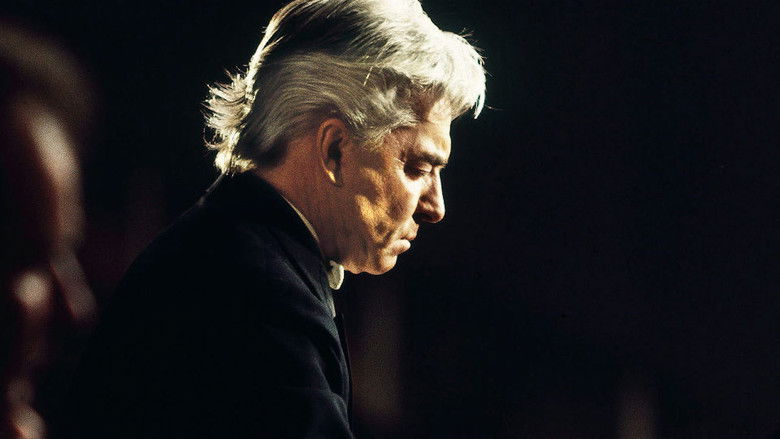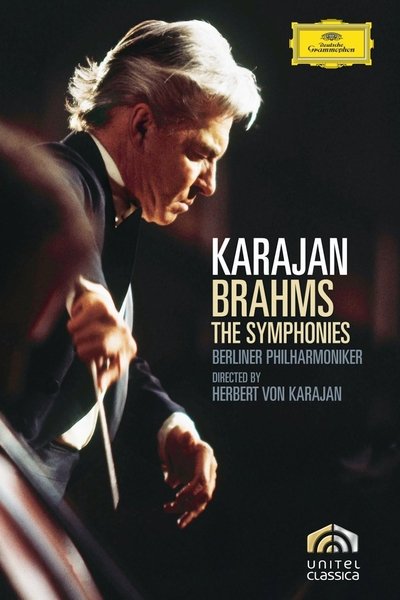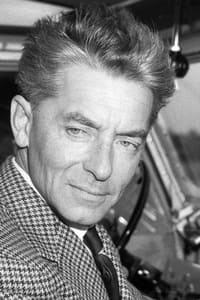Brahms: The Symphonies
Genres
Music
OverView
Karajan conducts these symphonies with eyes closed, often intently enraptured by the music, smiling occasionally when a passage or solo sounds just right to his ear. He conducts Brahms with a greater sense of urgency than does Bernstein: the First symphony is 11 minutes shorter as conducted by Karajan! Nothing is rushed but there is what can only be described as emotional compression, an intensity of expression that sounds quicker than Bernstein's performances.
Others
Budget
$--
Revenue
$--
Status
Released
Original Language
English
Runtime
161 mins
Rating
9/10
Release Date
05 February 1980
Country
Germany


